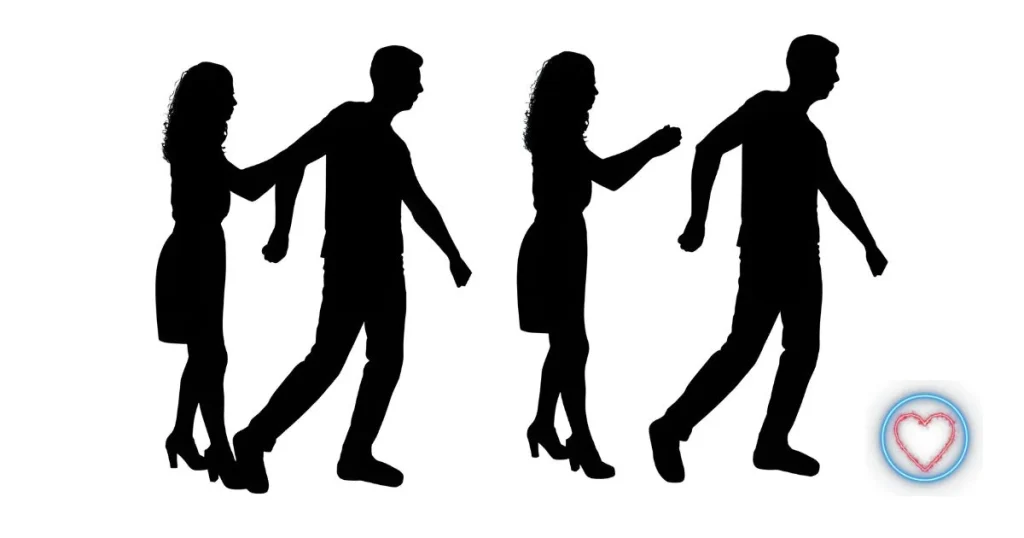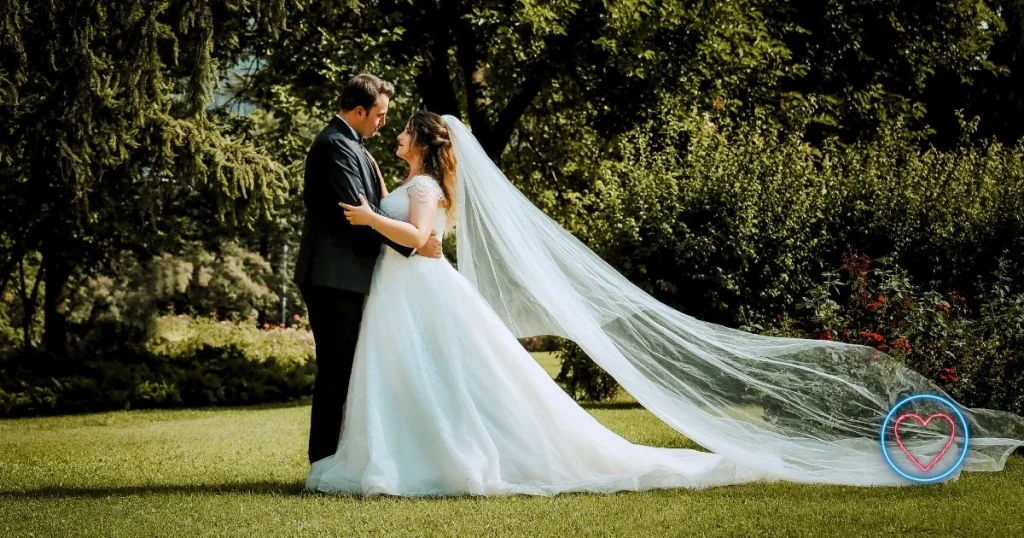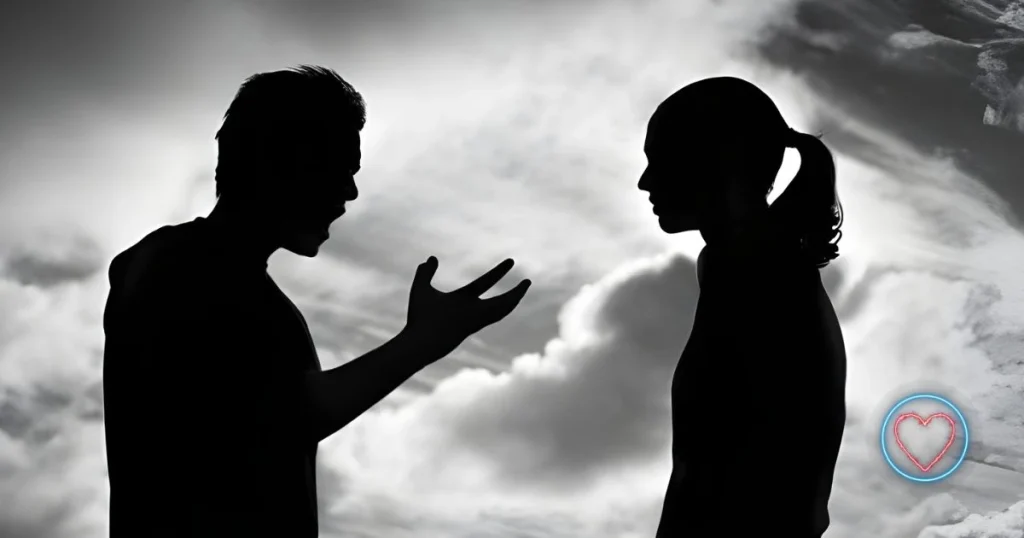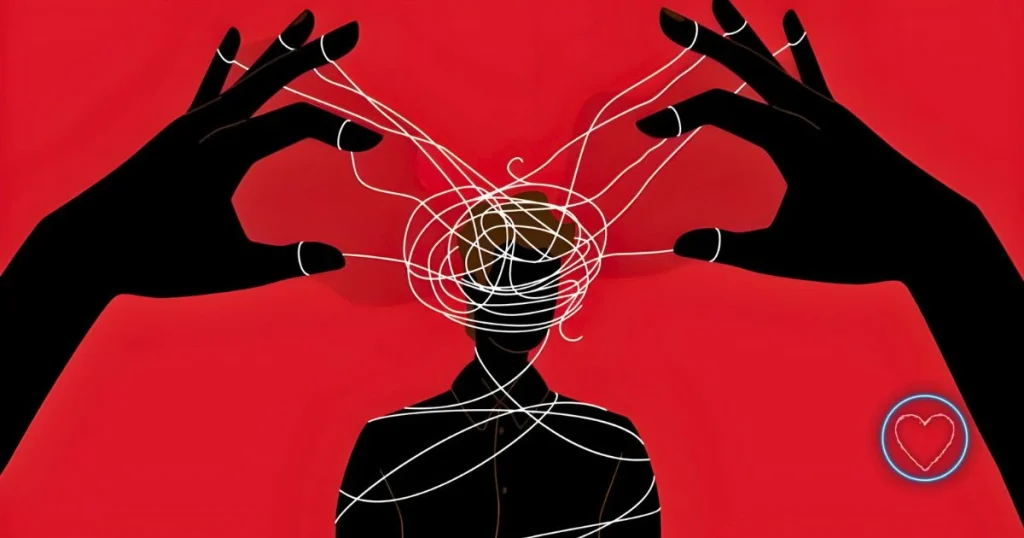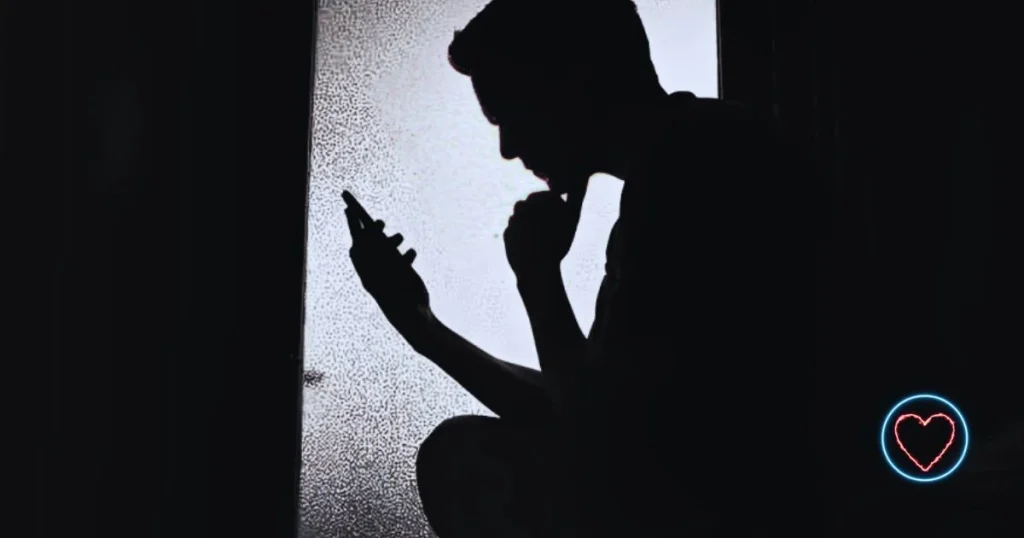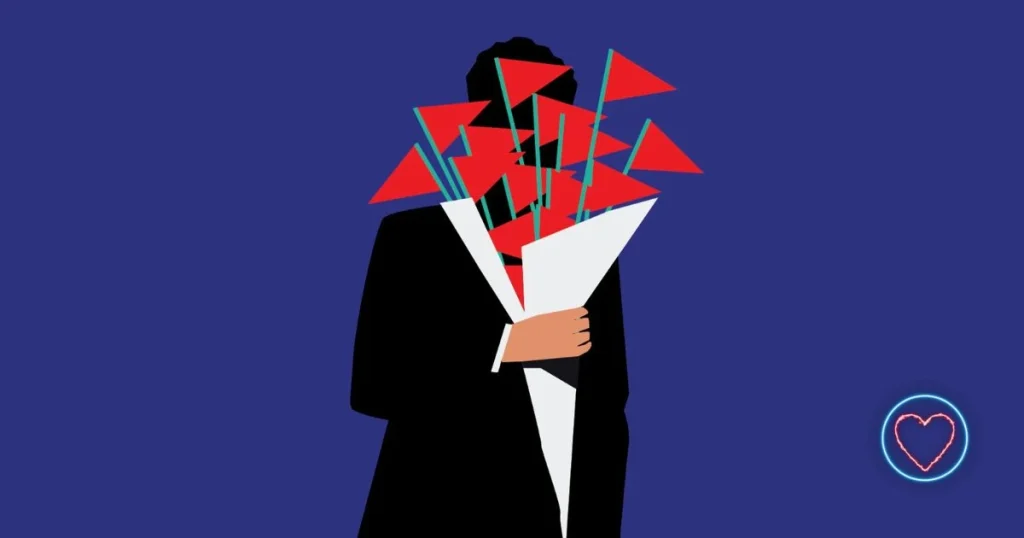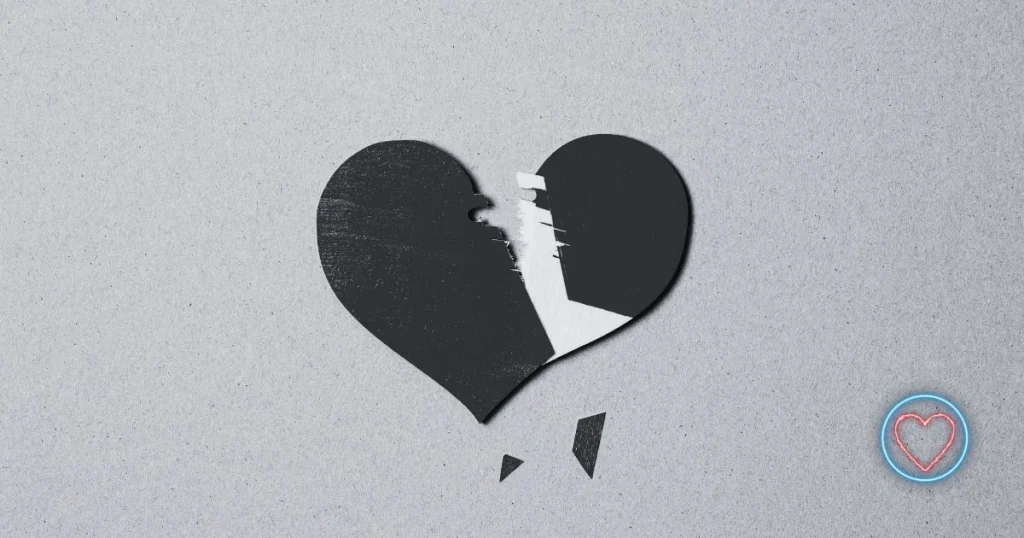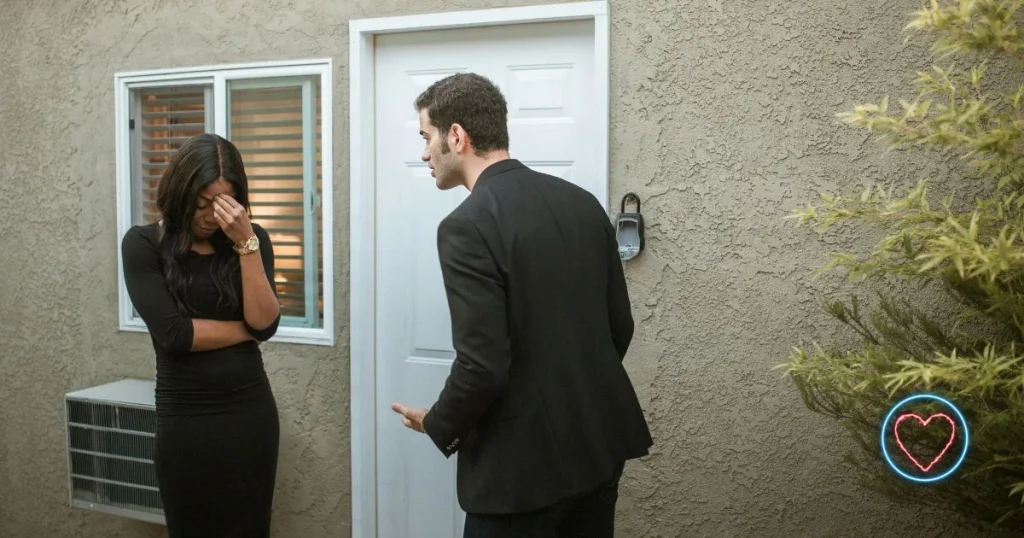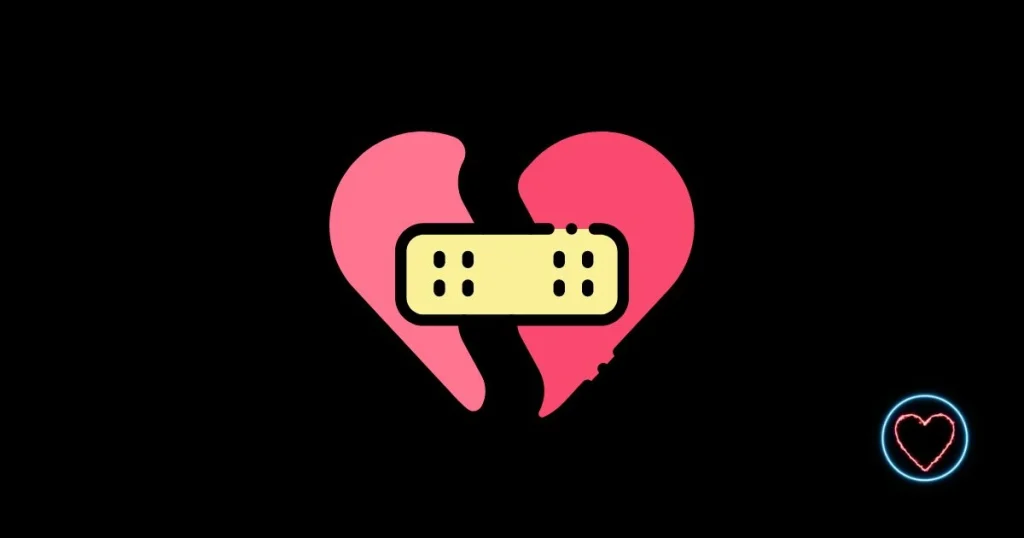Relationships are meant to be a source of comfort, stability, and joy. But when you constantly feel on edge, insecure, or emotionally drained, it’s worth asking: Is my relationship the source of my anxiety? While it’s natural to feel nervous in any relationship from time to time, persistent anxiety can be a red flag.
This article explores 15 signs your relationship is causing anxiety, what they mean, and what steps you can take to regain emotional balance.
1. You’re Constantly Walking on Eggshells
If you find yourself carefully choosing words, avoiding certain topics, or fearing your partner’s reactions, that’s a major red flag. Healthy relationships allow room for mistakes, disagreements, and honest conversations. Feeling like one misstep will trigger an outburst or withdrawal creates an environment of fear, not love.
Why it causes anxiety: Suppressed communication keeps you in a constant state of internal tension and fear of conflict.
2. You’re Always Second-Guessing Yourself
Do you replay conversations in your head, wondering if you said something wrong? Are you overly concerned with whether you upset your partner? Constant self-doubt in a relationship usually stems from feeling emotionally unsafe.
Why it causes anxiety: You’re in hyper-vigilant mode, worrying about your actions rather than feeling accepted for who you are.
3. You Don’t Know Where You Stand
One week you’re close; the next week, they’re distant. The inconsistency leaves you confused and craving validation. If you feel like you’re always guessing what your partner wants or where the relationship is going, the emotional instability will wear on you.
Why it causes anxiety: Uncertainty in attachment makes your nervous system feel ungrounded and insecure.
4. Your Partner Minimizes Your Feelings
When you express concern or sadness and your partner says things like “you’re overreacting” or “you’re too sensitive,” it sends the message that your emotions aren’t valid. This can lead you to doubt your perceptions and suppress your emotions.
Why it causes anxiety: Emotional invalidation can lead to chronic self-doubt and internalized anxiety.
5. You Feel Isolated From Others
A healthy relationship encourages maintaining personal connections. If you’ve started losing touch with friends or family—or feel guilty when spending time away from your partner—that’s a problem. Emotional isolation increases stress and creates dependency.
Why it causes anxiety: Losing your support system makes your partner your only emotional outlet, increasing pressure and emotional imbalance.
6. Conflict Never Gets Resolved
Arguments that go in circles, end in blame games, or never reach closure can create long-term anxiety. If you feel like issues keep getting swept under the rug only to re-emerge later, your emotional needs are not being met.
Why it causes anxiety: Unresolved tension builds emotional clutter, keeping you in a state of heightened stress.
7. You Can’t Be Your True Self
Do you feel the need to act, speak, or dress a certain way to please your partner? Suppressing your authentic self is a sign that your relationship lacks acceptance and emotional safety.
Why it causes anxiety: Living inauthentically requires constant self-monitoring, which is mentally exhausting.
8. You Overanalyze Every Interaction
If you’re obsessing over texts, analyzing every word your partner says, or frequently interpreting silence as a bad sign, your mind is working overtime trying to find emotional clarity that should be openly communicated.
Why it causes anxiety: Unclear or inconsistent communication forces your brain into overdrive, seeking answers it’s not being given.
9. You Feel Responsible for Their Moods
Are you constantly adjusting your behavior to keep your partner from getting angry or upset? Taking responsibility for someone else’s emotions is a sign of emotional codependency, not love.
Why it causes anxiety: Carrying the emotional burden for two people is overwhelming and unsustainable.
10. You’re Afraid to Express Your Needs
In a healthy relationship, your needs matter just as much as your partner’s. If you’re afraid of being “needy” or “too much” for asking for attention, affection, or clarity, it may be a sign that your relationship doesn’t foster mutual care.
Why it causes anxiety: When needs are stifled, your nervous system feels neglected and unsafe.
11. You Constantly Seek Reassurance
While some reassurance is natural, constant seeking of it—“Do you still love me?”, “Are we okay?”—can point to an insecure attachment formed through emotional inconsistency or neglect.
Why it causes anxiety: Lack of emotional security keeps you craving external validation rather than feeling internally secure.
12. Your Body Feels It Too
Chronic stress from a relationship doesn’t just stay in your mind—it manifests in your body. Stomach issues, muscle tension, headaches, or insomnia could all be signs that your body is carrying emotional weight.
Why it causes anxiety: Your nervous system responds to emotional distress like it would to physical danger, activating the fight-or-flight response.
13. You Don’t Trust Them (Even When You Want To)
Trust isn’t just about cheating. It’s about believing your partner will show up for you, keep their promises, and be emotionally reliable. If your partner constantly breaks small promises or shifts blame, it chips away at trust.
Why it causes anxiety: Distrust creates an unstable emotional foundation, keeping you on edge.
14. Your Gut Tells You Something’s Wrong
Sometimes, even if everything looks fine on the surface, your intuition nags at you. You feel unsettled, unsure, or unfulfilled—even if your partner hasn’t “done anything wrong.” Ignoring this feeling can prolong your suffering.
Why it causes anxiety: Intuition is often your subconscious trying to tell you something your conscious mind is afraid to confront.
15. You Keep Hoping They’ll Change
If you’re staying in the relationship based on who they could become—rather than who they are—you’re in an emotional waiting game. Relationships require present-day compatibility, not just potential.
Why it causes anxiety: Hoping for change keeps you emotionally suspended in the future, rather than finding peace in the present.
What To Do If Your Relationship Is Causing Anxiety
If you’re nodding along to multiple signs, don’t panic. Many people experience anxiety in relationships at some point. What matters is how you address it:
1. Get Clear on the Source
Is your anxiety stemming from past trauma or is it triggered by current behaviors? Journaling or speaking to a therapist can help you separate old wounds from present dynamics.
2. Communicate Openly
Have an honest conversation with your partner. Use “I” statements (e.g., “I feel anxious when I don’t hear from you”) instead of blaming them.
3. Set Emotional Boundaries
Protect your peace. If someone’s behavior consistently disrupts your mental health, you’re allowed to distance yourself or reevaluate the relationship.
4. Rebuild Your Identity
Reclaim time for yourself—reconnect with hobbies, friends, and solo self-care. The more emotionally full you are on your own, the less anxious you’ll feel in relational dependency.
5. Seek Therapy
A licensed therapist can help you identify anxiety patterns, improve your self-worth, and guide you in deciding whether the relationship is healthy for you.
Final Thoughts
Love should feel like a warm embrace—not a tightrope walk. If your relationship is the source of persistent anxiety, that’s not something to ignore or normalize. Your mental health deserves the same care as your heart.
Sometimes the bravest thing you can do is admit: “This relationship isn’t making me feel safe.” From that awareness, healing can begin—whether within the relationship or beyond it.
You don’t have to choose between love and peace of mind. You deserve both.

